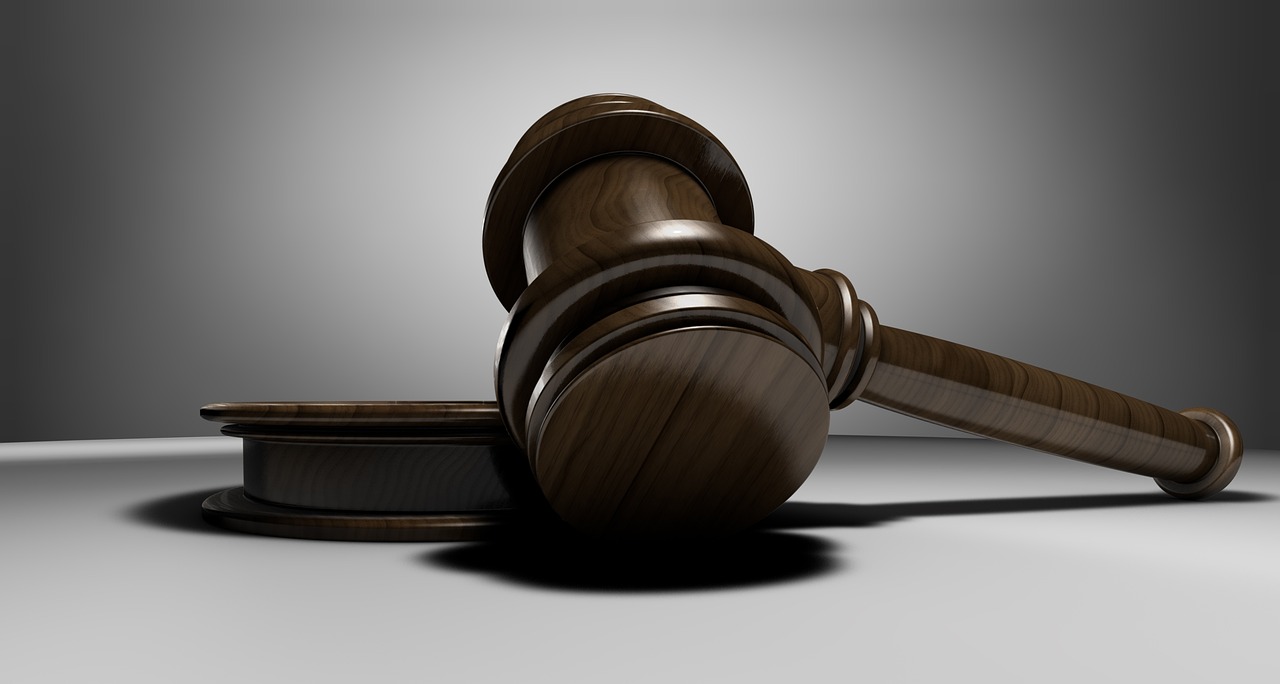Document shredding is the process of securely and permanently destroying sensitive documents. In today’s digital age, it’s essential to be aware of document destruction laws to ensure compliance with government regulations set forth by various acts such as FACTA, HIPAA, GLBA, and EEA. This blog post will explain the different laws about document destruction and how they affect businesses. We’ll look at the other acts, how they protect confidential information, and the types of documents that must be disposed of in accordance with these laws. Knowing the different document destruction regulations ensures your company is compliant and protects customers’ sensitive data from falling into the wrong hands.
FACTA
The Fair and Accurate Credit Transactions Act, or FACTA, was passed in 2003 to help protect consumers from identity theft. It requires businesses to securely destroy documents containing personal information such as Social Security Numbers, bank account numbers, and credit card numbers. Customer-related records must be destroyed using a secure shredding process to protect the consumer’s confidential information and avoid potential legal ramifications.
The Privacy Act of 1974
This Act requires the federal government to protect personal information from unauthorized disclosure. This law applies to all agencies and organizations that receive, collect, or maintain personally identifiable information about individuals. It covers records in both paper and electronic formats, including photographs, audio/video recordings, biometrics, and smart cards. The Act also includes provisions to ensure the information is securely disposed of.
HIPAA
The Health Insurance Portability and Accountability Act, or HIPAA, was passed in 1996 to protect patient health information from being accessed and shared without the patient’s consent. This includes all healthcare providers and other entities accessing an individual’s medical records. The Act requires that these parties ensure any personal health information is kept secure and confidential by preventing this information from being used without the patient’s consent. There are certain situations in which HIPAA does not apply, such as workers’ compensation cases, specific research or tissue/organ donation, identification of the deceased, and the treatment process, payment, or any healthcare operations. All Protected Health Information (PHI) and Electronic PHI (e-PHI) must be kept confidential and secure regardless of storage method.
Gramm-Leach-Bliley Act
The Gramm-Leach-Bliley Act (GLBA) was passed in 1999 to protect consumers’ financial information. This Act applies to all companies with access to customers’ personal financial information, such as banks, insurance companies, and other financial institutions. It requires these companies to ensure customer data security by limiting access to confidential information, implementing a secure disposal process for documents containing such information, and providing customers with annual privacy notices. GLBA also requires companies to establish safeguards for the protection of customer data, including encryption and other security measures.
Protect Your Customers: Contact ElectroCycle For Secure Document Shredding
At ElectroCycle, we understand the importance of protecting your customers’ personal and financial information. That is why we guarantee secure shredding of all documents and utilize the latest security measures, such as encryption, to keep our customers’ data safe. As businesses and organizations across Michigan increasingly know the importance of protecting their customers’ personal information, document shredding is crucial to reducing the risk of a data breach. At ElectroCycle, we understand this need and offer secure document disposal services that meet all necessary regulatory compliance requirements.
NAID AAA-Certified Shredding
Our NAID AAA-certified document shredding services can be tailored to your business and organization’s needs. We offer scheduled, recurring services for daily paperwork or one-time document purges of stored records. All documents are securely collected in our lockable collection containers before being destroyed at your location while you watch. Contact us today to learn more about how our document shredding services can help protect your customers’ confidential information.


